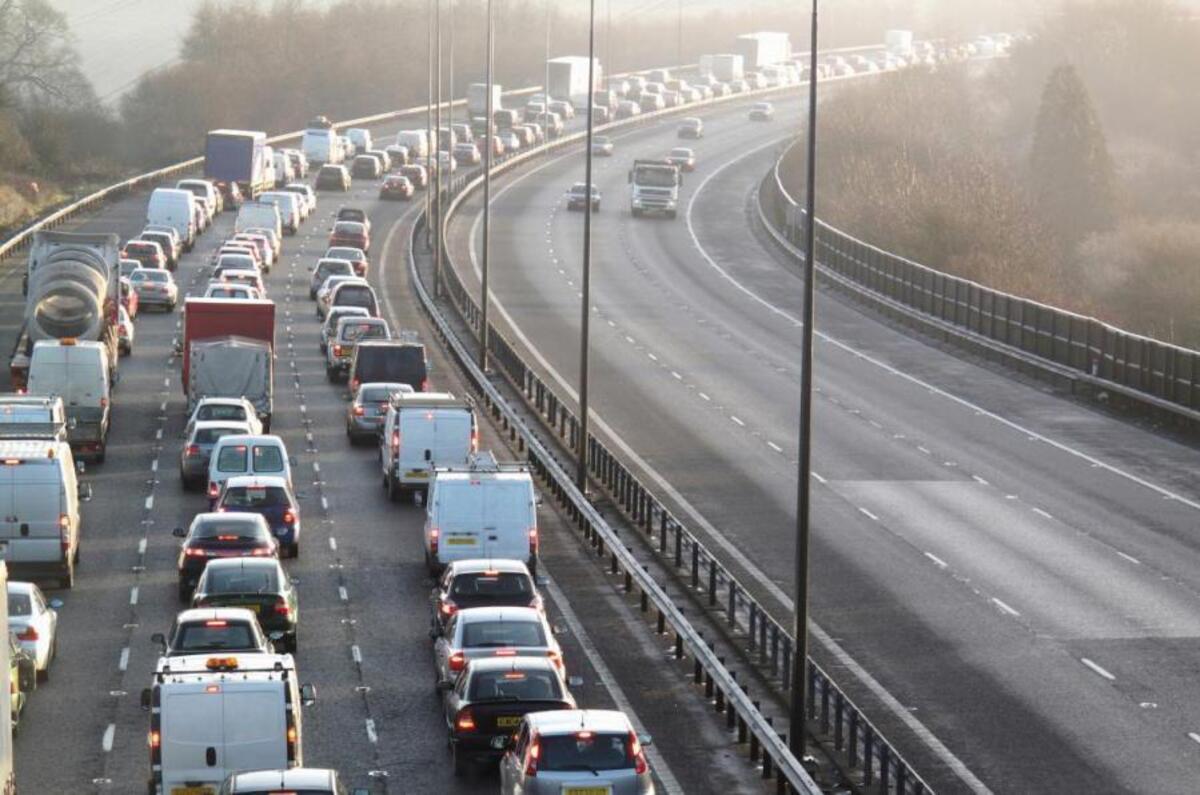The Chancellor of the Exchequer, Philip Hammond, has delivered the UK Government's 2018 Budget, which contained plenty of interesting details for motorists.
The proposals unveiled in the House of Commons, includes £30 billion of investment in the English road network.
Here's our rundown of everything in the 2018 Budget that related to motorists.
VED to fund £28.8 billion pot for motorway and major road upgrades
Philip Hammond has created a £28.8bn fund for Highways England to spend on upgrading and maintaining motorways and other major roads. The bulk of that cash will come from Vehicle Excise Duty (VED), which will be exclusively used for the scheme. It's the first time that road tax has been spent solely on the UK’s road network.
The majority of that money – £25.3 billion – will be spent on the Roads Investment Strategy 2, which was launched in draft form. The Budget report termed it "the largest ever investment in England's strategic roads." It said the investment would cover new major roads and large local major roads, citing the North Devlon Link Road as an example.
The spending will mark a 40% improvement on the £17.6bn the Treasury spent in the previous five-year investment cycle. That Roads Investment Strategy 1 scheme helped fund work on the A1(M), A66 Trans-Pennine route and the Oxford-Cambridge Expressway.
The investment plan was welcomed by Matthew Fell, the boss of the Confederation of British Industry, which represents UK companies. He said: “investing so significantly in our roads could help ease the all-too-real delays that people face just getting to work.”
VED will rise on April 1 2019 in line with the Retail Price Index (RPI). Hammond also said that the Treasury will review the impact of the new WLTP emissions test procedure on VED and company car tax, with a report due in the Spring.
Road repairs: £420 million to fix potholes and problems
Hammond has confirmed that he will distribute £420 million to councils to "fix potholes, bridge repairs and other minor works in this financial year." He had also earmkarked £150m for improving local road junctions and roundabouts.
Hammond said that every Member of Parliament "will testify potholes are high on the public's list of concerns."
The spending will be in addition to the existing £1.3bn highways maintenance budget and the previously announced pothole repair fund of £300 million.
Fuel duty frozen for ninth consecutive year
It was previously announced, but Hammond has confirmed that, for the ninth straight year, fuel duty would be frozen.
That means motorists will pay duty of 57.96 pence per litre for petrol, diesel, biodiesel and bioethanol fuel, 31.61 pence per litre for liquified petroleum gas (LPG), and 24.70 pence per litre for natural gas such as biogas.
Hammond said that government would maintain the difference in fuel duty between alternative and main fuel duty rates until 2032, in order "to support the de-carbonisaiton of the UK transport sector." That policy will be reviewed in 2024.
Hammond said the nine-year freeze has so far saved the average motorist more than £1000.
Transforming cities fund
The Government will extend its Transforming Cities Fund by a year to include 2022-23, with an extra £240 million investment for six metro mayors to spend on transport investments in their areas: £71.5 million for the West Midlands, £69.5 million for Greater Manchester, £38.5 million for Liverpool City Region, £23 million for West of England, £21 million for Cambridgeshire and Peterborough and £16.5 million for Tees Valley.
There will also be a further £440 million available to city regions shortlisted for competitive funding.
There is also a £90 million fund to establish ‘future mobility zones’ in three cities, where schemes such as self-driving vehicles can be tested. The Budget report said £20 million of this fund would be allocated to the West Midlands, but did not name the other two cities.
Electric motor technology encouraged
The Budget also includes the creation of a £1.1 billion Industrial Strategy Challenge Fund, which is designed to support development of technologies of the future. This includes up to £78 million to launch the 'Stephenson Challenge', which will support "innovation in electric motor technology, making vehicles lighter and more efficient than ever before."
Read more
Budget 2017: diesel tax hike confirmed








Join the debate
Add your comment
420 million won't go far,
420 million won't go far, when you send out a party of 5 in high viz on a stroll with only one with a can of yellow spray paint to decorate the holes.
North Devlon?
Is that anywhere near Devon?
hmm..
we've heard similar promises before and we still have the same congestion and more potholes. so let's give this a year and see if roads in our local areas are any better...